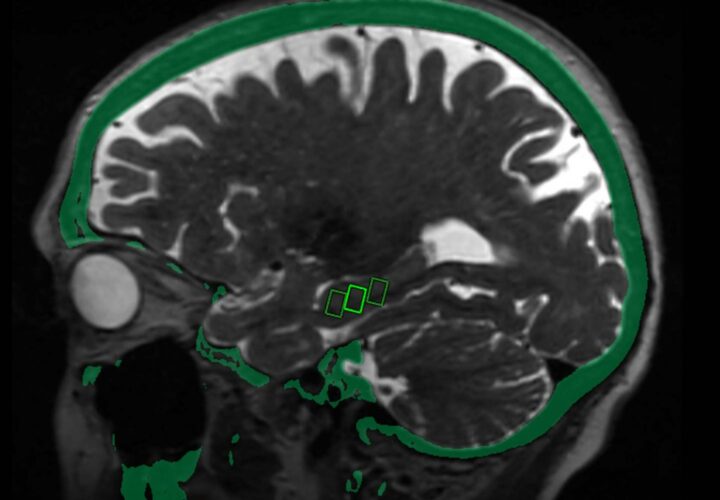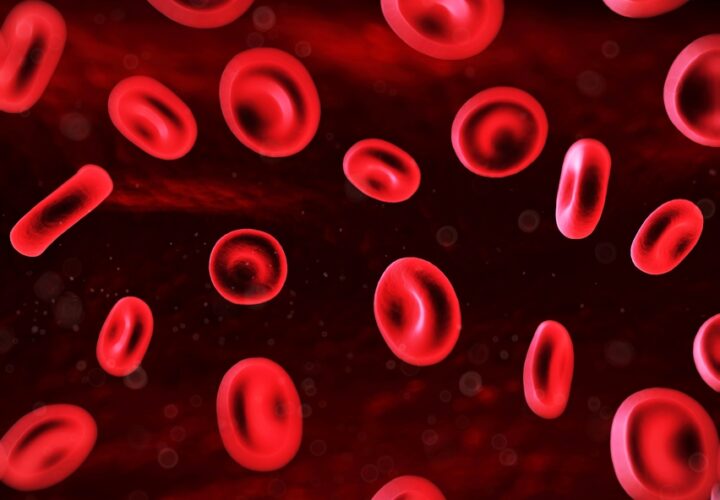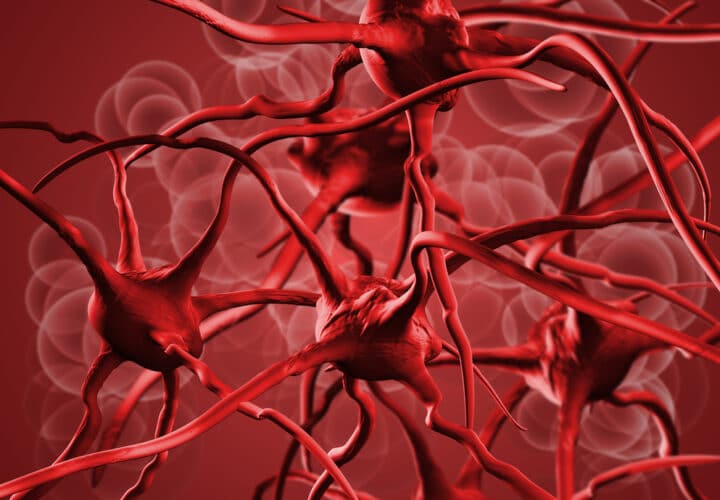Using low-intensity focused ultrasound could be a safe and effective way to open the blood-brain barrier and help treat Alzheimer's.
Reporting on a procedure performed last year, scientists at the West Virginia University Rockefeller Neuroscience Institute said today that using low-intensity focused ultrasound is a safe and effective way to open the blood-brain barrier and help treat Alzheimer’s.
In a presentation at the annual meeting of the Radiological Society of North America in Chicago, the researchers said that opening the barrier, which can block drugs from entering the brain, could allow for new treatments for Alzheimer’s and other dementias.
“The results are promising,” Rashi Mehta, an author of the study and associate professor at West Virginia University and research scholar at West Virginia Clinical and Translational Science Institute, said in a news release.
Surpassing the blood-brain barrier
Last year, the West Virginia researchers reported that as part of a phase 2 trial, they had used focused ultrasound to open the blood brain barrier of patients suffering from early stage Alzheimer’s disease. The trial is evaluating whether focused ultrasound can be used to reduce the debilitating plaques and cognitive decline that are the hallmarks of Alzheimer’s.
In the update on their research today, the authors said they had used focused ultrasound on specific sites in the brain critical to memory in three women. The women had shown signs of early stage Alzheimer’s disease and evidence of amyloid plaques.
The patients received three successive treatments at two week intervals. Researchers tracked them for bleeding, infection and fluid buildup.
Mehta said that the scientists “were able to open the blood-brain barrier in a very precise manner and document the closure within 24 hours.”
“The technique,” Mehta added, “was reproduced successfully in the patients, with no adverse effects.”
A ‘valuable treatment option’
Judi Polak, a 61-year-old nurse who has early onset Alzheimer’s, was the first patient to undergo the procedure in West Virginia. PBS NewsHour recently profiled Polak and showed footage of her treatment in the MRI.
Lead researcher Ali Rezai, director of the West Virginia University Rockefeller Neuroscience Institute, said that he is hopeful that focused ultrasound “will prove to be a valuable treatment option for Judi and other patients with early Alzheimer’s who are confronting the enormous challenges associated with the disease on a daily basis.”
The blood-brain barrier is meant to protect us by blocking toxins from getting into our brain. It can also, however, prevent valuable substances from entering the brain including potential Alzheimer’s drugs.
Using focused ultrasound is designed to be a non-invasive procedure that requires patients to wear a helmet and enter an MRI scanner for several hours while researchers send sound waves to open the blood-brain barrier and target a specific area of the brain.
Nir Lipsman, a neurosurgeon at Sunnybrook Health Sciences Center in Canada, performed the phase 1 trial on ultrasound technology and shared results at the Alzheimer’s Association International Conference in 2018. He also discussed his findings with Being Patient, saying that a reversible and safe way to open the barrier has been sought for many years.
The new treatment involves incisionless surgery and drugs. It will be used to evaluate the potential benefits of using focused ultrasound treatment to disrupt the blood-brain barrier in the regions of the brain affected by Alzheimer’s, such as the hippocampus.
Mehta said that the team’s research will include further safety trials and then turn to studying whether the treatment can prove effective in reducing the symptoms of Alzheimer’s.





It’s fantastic to learn that ultrasounds can help disrupt blood-brain barriers in the regions of the brain that is affected by Alzheimer’s. My father is getting older and I’m worried that he could be developing Alzheimer’s. I’ll be sure to tell him about how getting an ultrasound can help his brain.